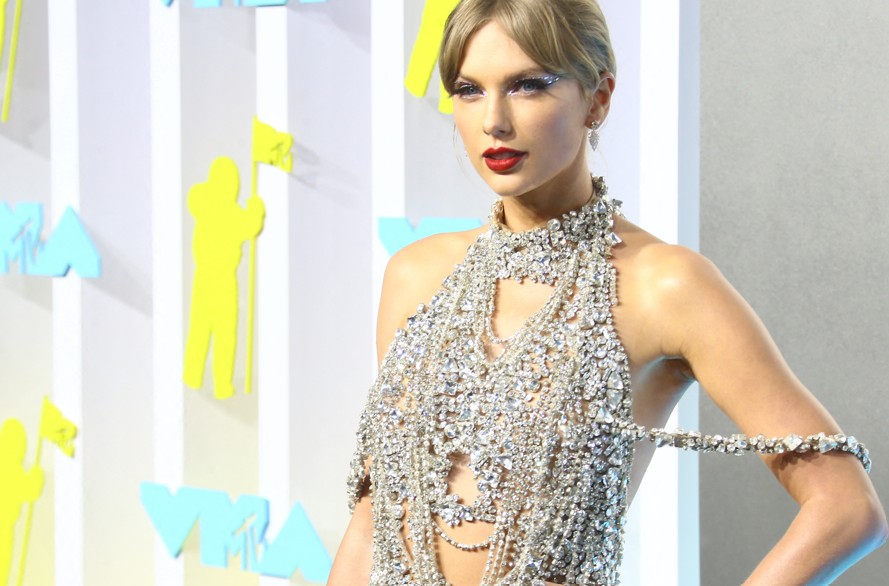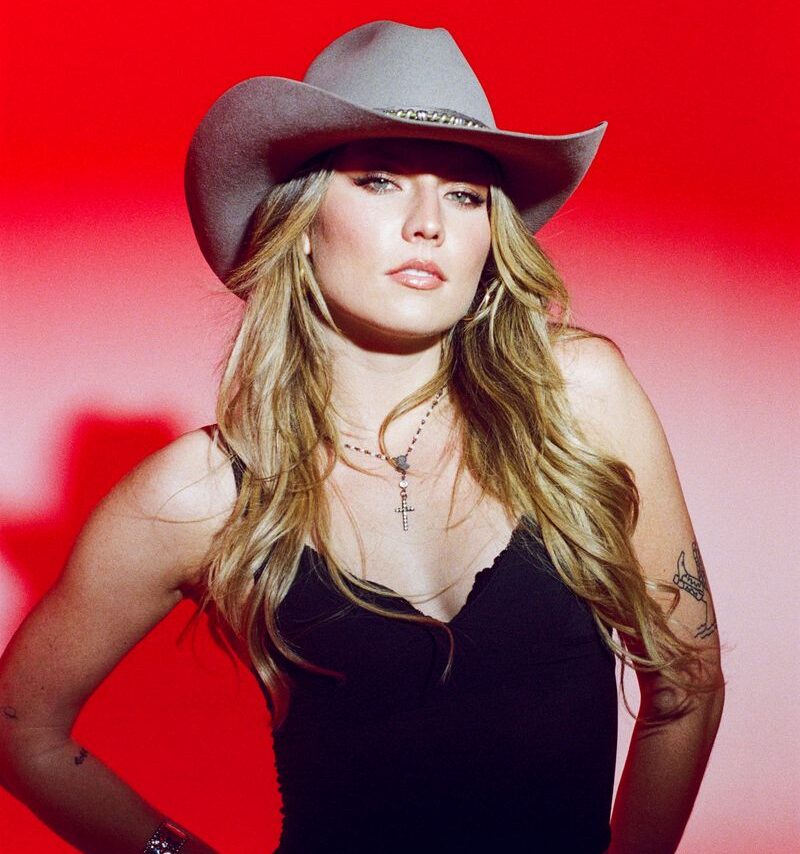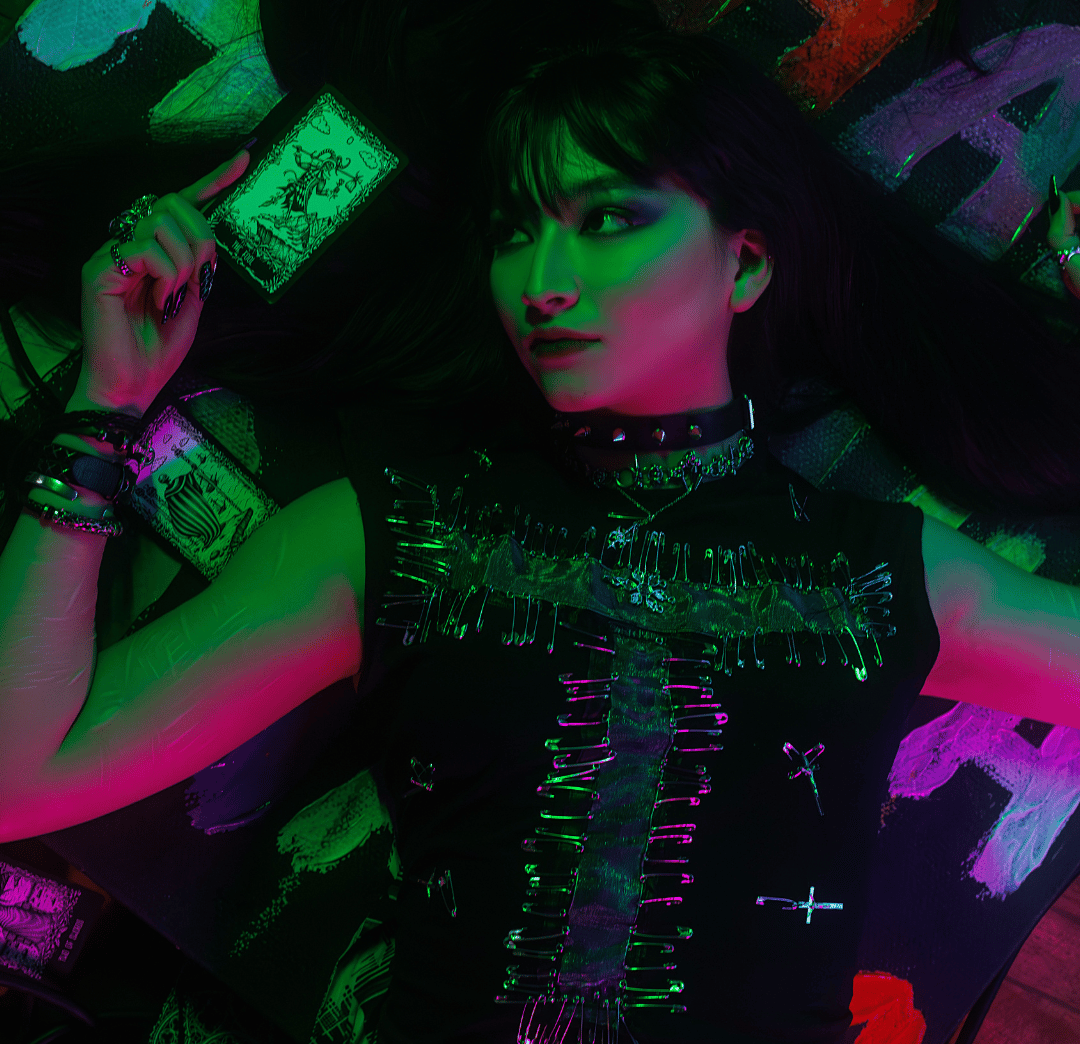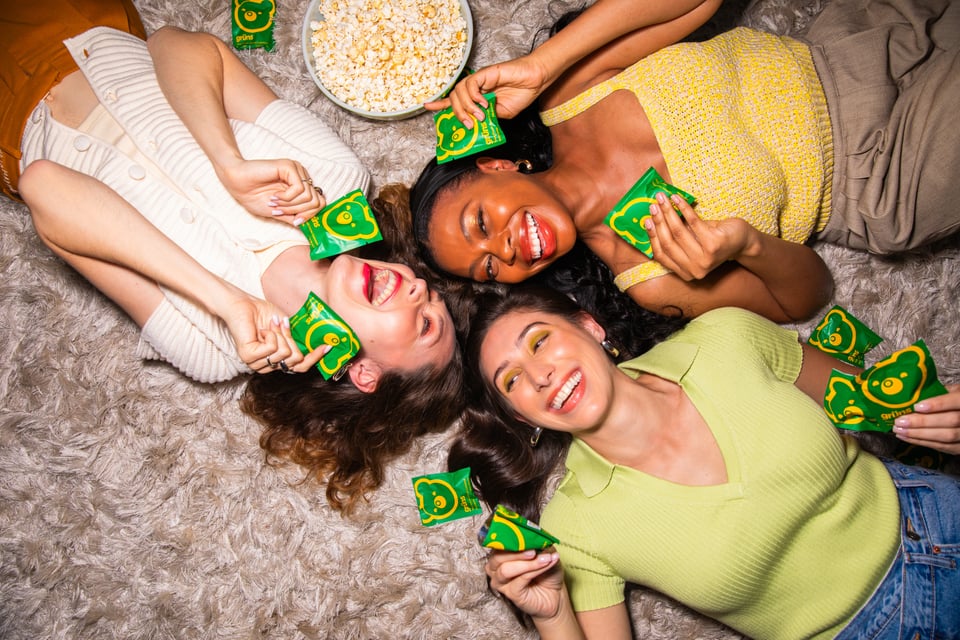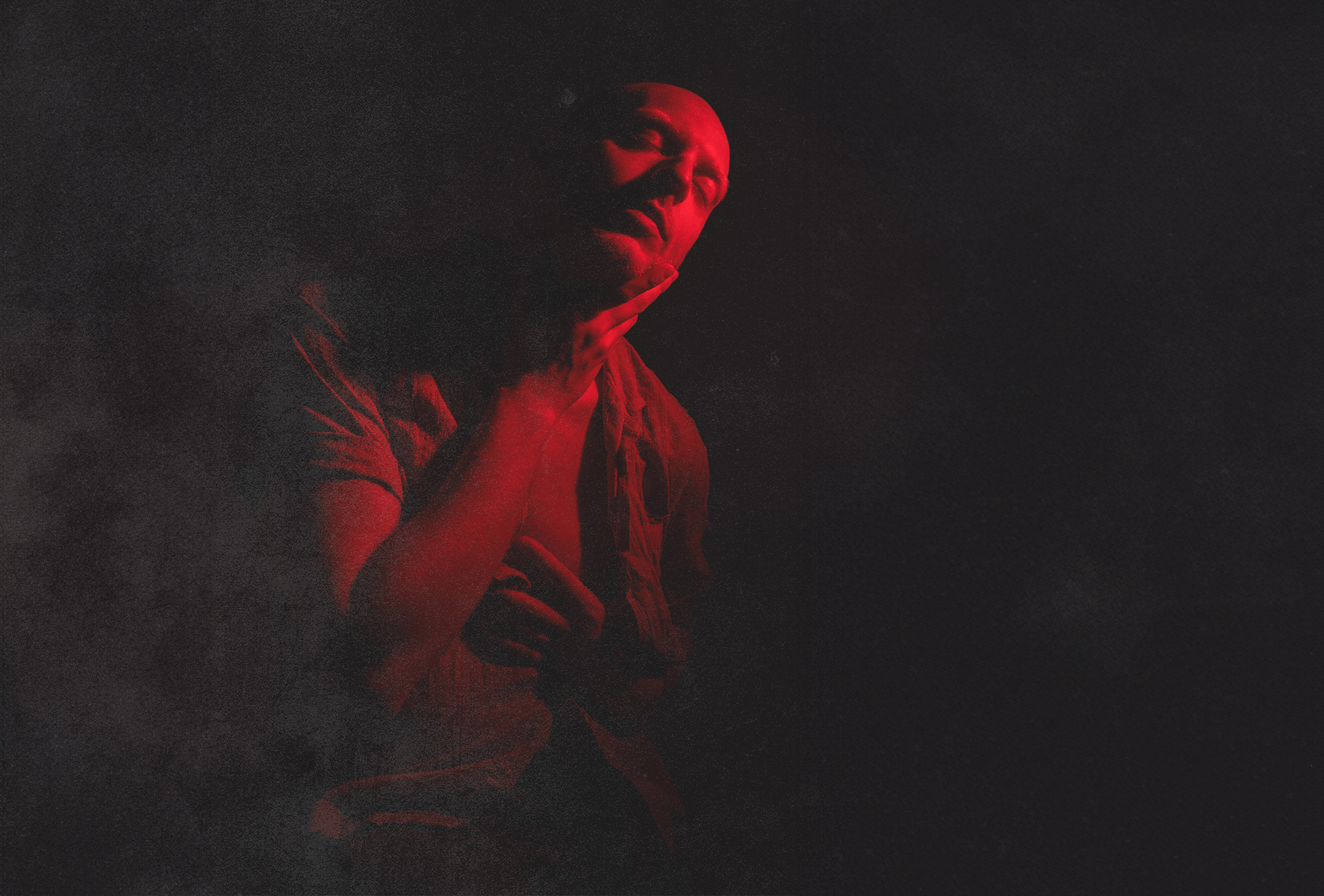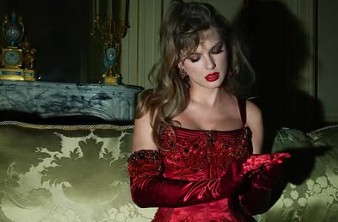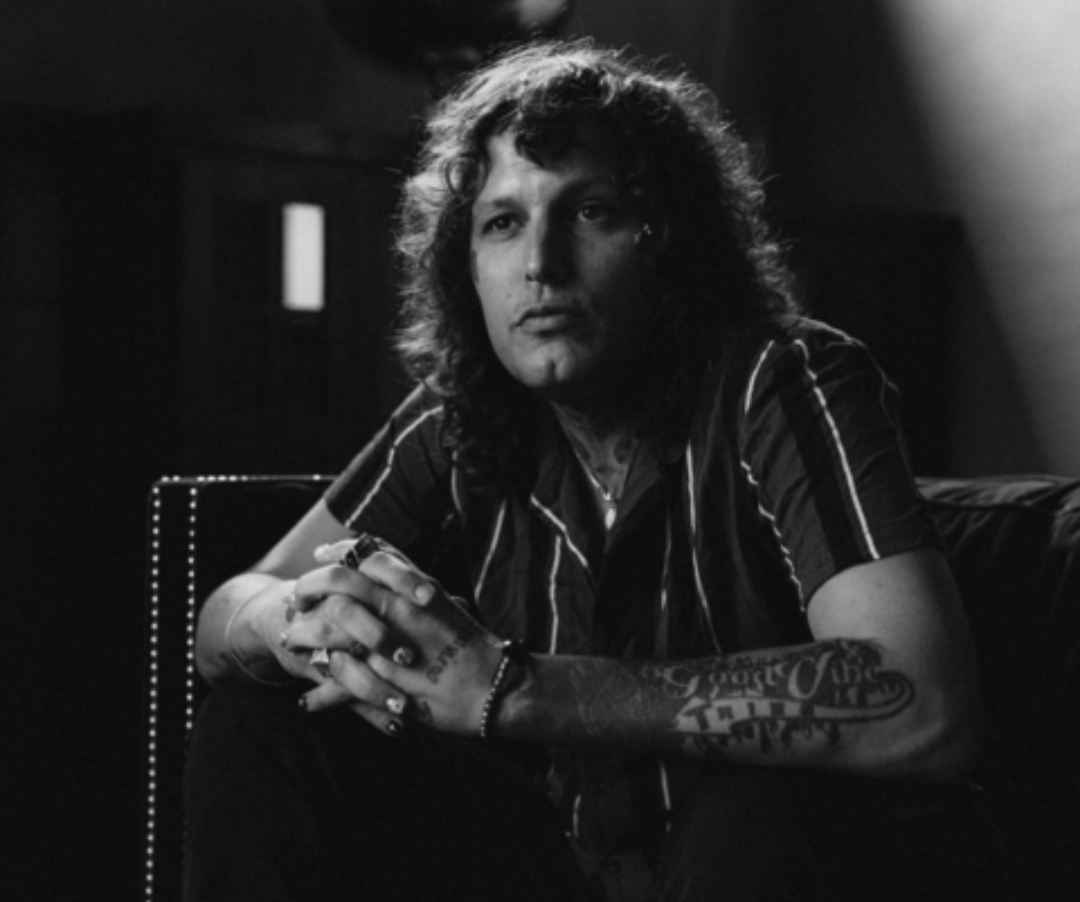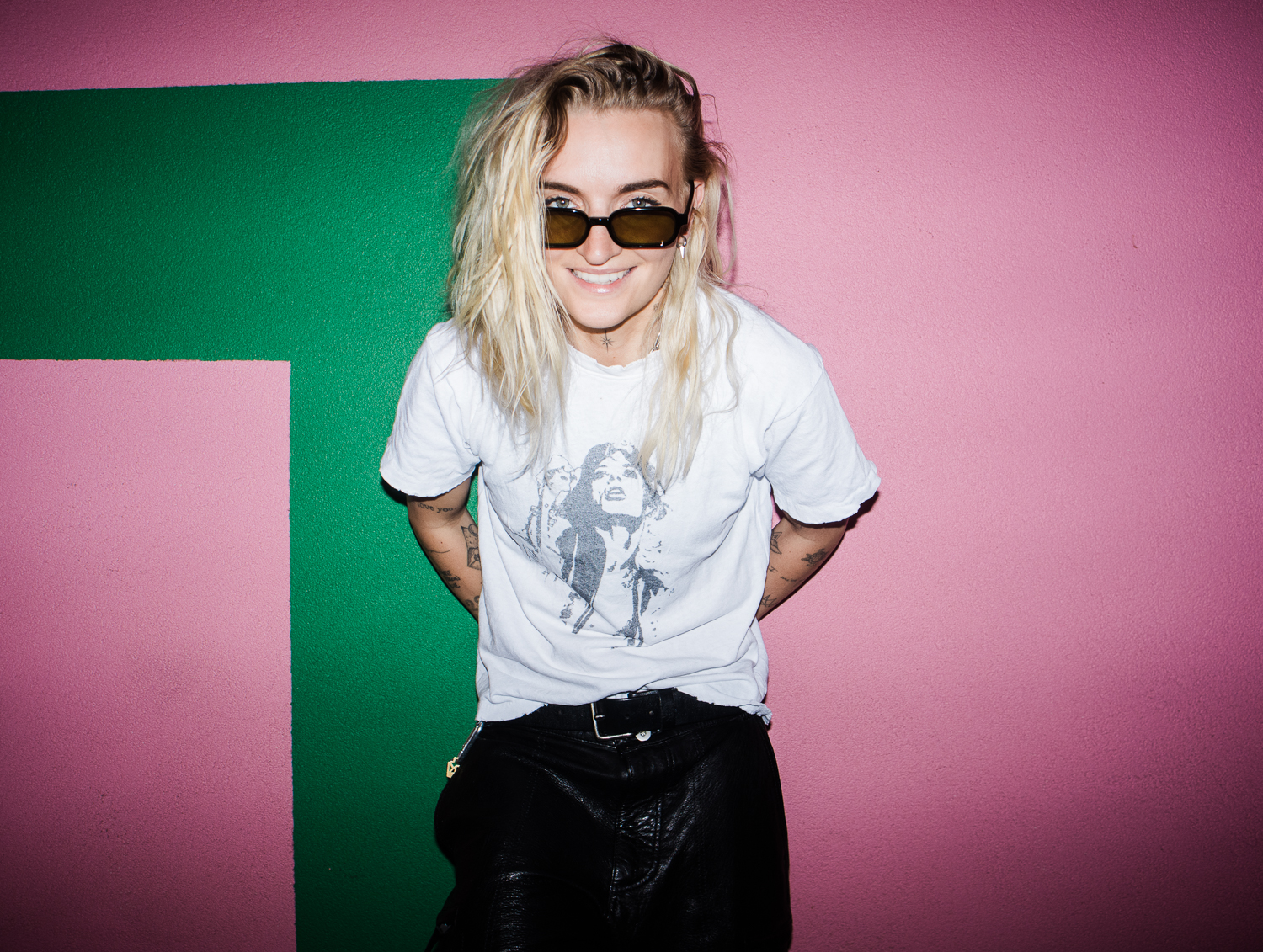Black History Month
Iconic Black Culture Moments: Beyoncé Crashes Coldplay’s Super Bowl Halftime Show
07 Feb, 21

Beyonce and Bruno Mars
via NFL
In 2013, Beyoncé performed at the Superbowl.
As we’ve previously reflected, “After years of Boomer legacy acts getting the prestigious Super Bowl halftime slot (alongside, yes, the Black Eyed Peas, but the less said about them the better), Beyonce took the the stage at Super Bowl XLVII as both the most relevant and most beloved performer to grace the stage in a decade.”
Beyoncé’s Super Bowl performance came before her December 2013 surprise album, Beyoncé, which ushered in a new era of Beyoncé and a new culture of music drops and feminism and politics in mainstream pop music. Performances of the 2013 album included the legendary VMA performance wherein Beyoncé stood with the word “feminist” displayed behind her, which at the time was brave and controversial for a Black woman with her level of commercial success.
But we didn’t know this as she sang her old hits in February 2013. And we didn’t know in December 2013 that years later she would be back again with even more unabashed politicism and back at the Super Bowl in 2016 with “Formation.”
Let us not forget: Beyoncé was not scheduled to be performing at the 2016 Super Bowl 50 halftime show. Coldplay was the scheduled artist, but who remembers that?
Now, the moment lives in infamy.
Beyoncé had just released the video to “Formation” in another surprise drop that redefined her as an artist yet again. The career pivoting track was the first single from Lemonade, though we didn’t know it. Lemonade, a journey celebrating Black womanhood, was Beyoncé’s entry into what are now her signature themes: celebrating Blackness, honoring Black history, and working towards Black futures.
Beyoncé – Formation (Official Video)www.youtube.com
“Formation” is an anthem, a call to action, and it was a controversial, notable pivot for Beyoncé — whose contributions to BLM and other organizations had previously been private.
The video brought criticism from the Blue Lives Matter brigade, who were inflamed at Beyonce posing on a sinking cop car in the video. Some white fans of Beyoncé urged her to stay out of politics, wanting to return to the simpler days where they could dissociate Beyoncé from her Blackness.
SNL called it “The Day Beyoncé Turned Black,” making a parodic sketch about “white people losing their damn white minds.” There was some truth in it: Beyoncé had always been a Black woman, but her music was now for Black women.
“The Day Beyoncé Turned Black” – SNLwww.youtube.com
With lyrics like, “I like my baby heir with baby hair and afros / I like my negro nose with Jackson Five nostrils,” there was no mistaking who this song was for and who it was an ode to.
The visuals also drew from Beyoncé’s heritage, filmed in part in a former plantation and making references to Katrina (which had devastating consequences for the Black community in such proximity to her childhood home of Houston), singing: “You mix that negro with that Creole, make a Texas bama.”
NPR called “Formation” the 19th best song by a female/non-binary artist of the 21st century, saying: “Like the album itself, ‘Formation’ is a defiant celebration of Black womanhood and the singer’s Southern heritage. Though it finds her croon flawless, the song shines when she shifts to a raspy rap and deploys a series of lethal one-liners, culminating in a masterful parting shot: ‘You know you that bitch when you cause all this conversation.'”
The review continues: “It’s a brilliant single, but Bey transcended the sonic realm with her self-titled album in 2013, and every track she’s recorded since is inseparable from the imagery rolled out to accompany it. In this case, that meant a music video dense with references to Hurricane Katrina, racist policing and the resilience of Black communities, followed a day later by dancers in Black Panther berets flanking Beyoncé at a Super Bowl performance.”
The Super Bowl performance cannot be unentangled from the song’s legacy. Recently, on his show Desus & Mero, Desus called that moment the day “Beyoncé radicalized Black people.” Dressed in all black in outfits reminiscent of the Black panthers, Beyoncé took the stage from Coldplay and unapologetically performed a song about Black pride.
Beyoncé’s Super Bowl takeover follows in the tradition of other boundary-pushing Black artists, often nestled between safe “baby boomer–friendly acts Paul McCartney and the Rolling Stones,” according to The Ringer, who “may have been rock legends with counter cultural roots, by the aughts they’d become safe entertainment.”
In 2007, Prince performed a Super Bowl set including “Purple Rain” in the pouring rain — a performance that showed Prince’s legendary performance skills and also his unwillingness to tone down his sex appeal or his boundary pushing love of the spectacular.
Prince Performs “Purple Rain” During Downpour | Super Bowl XLI Halftime Show | NFLwww.youtube.com
Beyoncé inserting herself into this legacy proved the same.
The NFL has a history of racism, and though this was just months before Kaepernick first knelt during the national anthem in September 2016, there was significant backlash to Beyoncé for bringing politics into sports.
But this ushered in a new era of Beyoncé, pop culture, and politics.
Soon, Lemonade would grace our lives, then Black Is King. But all of that would not have been possible without the momentum of “Formation” and Beyoncé’s insistence that, no matter what the mainstream market wanted her to produce, she would be the artist she wanted to be.
- Pepsi Ditches Beyonce To Go For a More ‘Relatable’ Marketing … ›
- Beyonce Looking Her Best: The Latest, Greatest Photos – Popdust ›
- Beyoncé’s 2020 Recap Shows the Power of Black Joy ›
- Let Us Decode Beyonce’s Super Bowl Promo With the Intensity of a … ›
- Beyoncé Is Back – Dazzles In Dubai – Popdust ›

